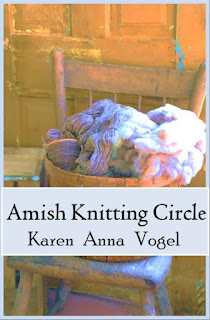Write
what you know.
It’s
conventional fiction-writing advice. As a result, readers have asked me about
the events that motivated the storyline in After the Snow Falls. I’ve been asked if
I’ve gone through the experience that Celia faces: a child suffering from a
serious illness. One reviewer said, “Carey handled the
writing of this book as if she had gone through the trauma of a terminally sick
child...[she] made the harrowing scenes so real that your heart ached for the
characters.”
I’m thankful that I’ve never had to go through such a difficult
experience personally, but when I was young, I lost a family friend to
leukemia. The feelings of loss I experienced at that time were the inspiration
for the subplot involving Caleb’s friend Michaela.
More than anything, however, After the
Snow Falls is a story of the healing power of forgiveness--a hard-won
lesson that definitely arises out of my own personal experience.
But what about the things a writer doesn’t know?
How can she write about those? The answer, of course, is research.
Writing After the Snow Falls led me into a lot of unfamiliar
territory:
• what
kinds of medical interventions are taken when a patient has difficulty
breathing?
• how late
in the building season could one realistically expect to work in Southern
Ontario, Canada?
• does
alternative medicine offer a cure for cancer?
• what are
some famous tourist stops on Route 66?
• what
kinds of sights and sounds is a visitor exposed to in Tijuana, Mexico?
I found some of my answers on the Internet, some in books.
Occasionally, I made a phone call--always a nerve-wracking experience because
it’s hard to imagine the impression you’re making on the person on the other
end of the line: “Hi. I’m writing a novel, and I wondered if you’d have a
little time to talk to me about what someone would be looking for if he bought
a used transport truck?” One of my favorite experiences in researching this
novel was meeting with the director of Toronto’s Ronald McDonald House and
taking a tour of the common areas.
With each new research challenge, I had the opportunity to explore
something I never knew about before. Aside from making words sing on the page,
it’s my favorite thing about writing fiction.
Carey Jane Clark is a homeschooling mother of three and author
of After
the Snow Falls. She and her family are expatriates living in China, where her
husband is opening a business. She is currently researching two other novels
and blogging at www.careyjaneclark.com










